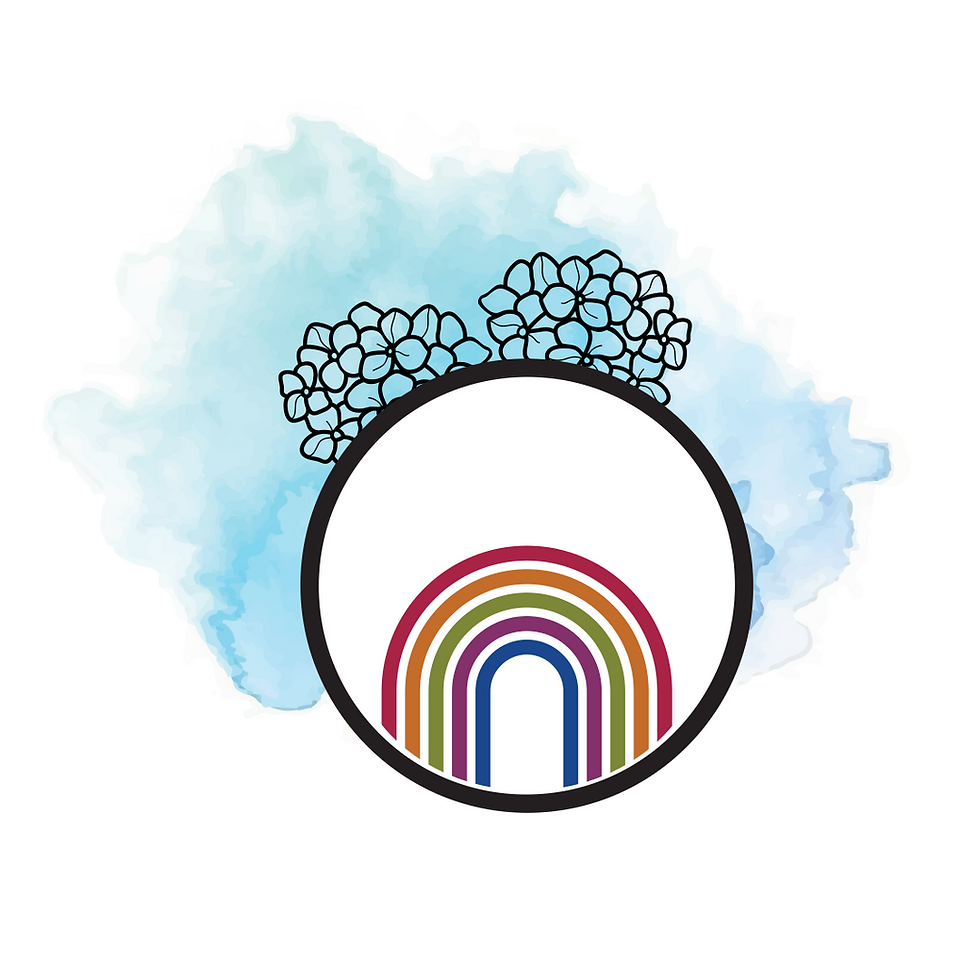
Autism Uncovered: Tackling Daily Challenges and Medication Myths
Sep 30, 2024
2 min read
0
17
0
When it comes to managing Autism Spectrum Disorder (ASD), we think about it as finding ways to help individuals and families work through the unique challenges that come with ASD and thrive, rather than “fixing it”. We also believe that the first step in managing ASD is to first get assessed.
Why Diagnosis is the First Step to Understanding ASD
Think of an assessment as laying the foundation for a house—without it, everything else might crumble. A thorough assessment by a qualified professional ensures that ASD is correctly identified, and you get the right support! Now you might be wondering if support is support, why does it require a whole assessment? Here's the reason why!
ASD comes in different levels, and as the level increases, more support is needed. For example, someone at Level 1 might mostly struggle with social interactions but can manage with some guidance.
At Level 2, more help is needed because daily tasks can be challenging, and support is often required. At Level 3, a person needs a lot of help, as they may have serious difficulties with communication and behavior and need intensive support for most activities. -Musqan Butt
Many people with ASD also have learning disabilities, adding another layer to their experience. Here are a few examples:
Dyslexia: Trouble with reading and understanding text. A kid with dyslexia might find it hard to keep up with reading assignments.
Dysgraphia: Issues with writing, like messy handwriting or difficulty organizing thoughts on paper.
Dyscalculia: Math problems can be particularly tough, with numbers seeming like a foreign language.
Auditory Processing Disorder (APD): Following verbal instructions can be tricky when processing sounds is a challenge.
Living with ASD: Overcoming Everyday Hurdles
After getting assessed, knowing what to expect can make a big difference, whether it's you or your loved one experiencing it and can help ease certain aspects of life.
For example, imagine feeling overwhelmed by the sound of a ticking clock or the texture of a sweater, this is called sensory sensitivity and is very common in ASD.
Understanding how you or your loved one interacts with such can mean simply eliminating or being conscious about such matters.
Additionally, whether it’s transitioning between activities at school or navigating social expectations at work, these environments can be tough for someone with ASD. So understanding what support is needed is crucial in these situations.
Relationships and social interactions don’t always come easily. Misunderstanding social cues can lead to challenges in forming and maintaining relationships.
Medication and ASD: What You Need to Know
Medication can be part of the toolkit for managing ASD, but it’s not a cure-all. It’s about finding what helps with specific challenges, like anxiety or hyperactivity, often seen alongside ASD.
Managing Co-occurring Conditions: Medication can help with additional challenges like anxiety or ADHD, making daily life smoother.
Addressing Specific Symptoms: For example, certain medications can help manage severe irritability or improve focus.
Part of a Bigger Picture: Medication works best when combined with other therapies and support. It’s a piece of the puzzle, not the whole picture.
While ASD can’t be "fixed," with the right mix of therapies, support, and sometimes medication, individuals with ASD can lead fulfilling and successful lives. It’s all about finding what works best and making the most of their unique strengths.
Sep 30, 2024
2 min read
0
17
0
_tiff.png)






.png)
